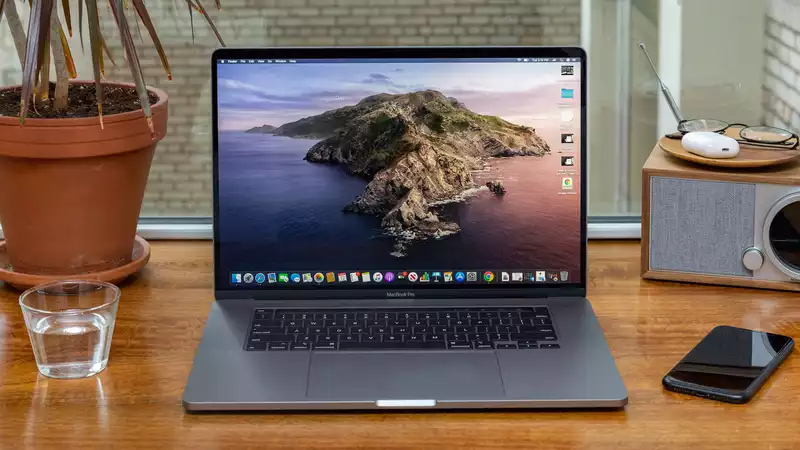A new analysis suggests that Apple could make the MacBook cheaper by producing its own ARM-based chips.
This is because, according to analyst TrendForce, producing "in-house designed" system-on-chips developed under the Apple Silicon initiative is expected to cost less than $100 per chipset. Thus, Apple can pass the savings on to MacBook fans by lowering the price of its notebooks, including the MacBook Air and MacBook Pro.
"While Apple still needs TSMC to manufacture processors of its own design, the cost of producing Mac processors manufactured at TSMC's 5nm node is currently estimated to be less than US$100, compared to 10nm, which is priced around US$200-300 on the market Compared to Intel Core i3 processors, it is considerably more cost-effective," TrendForce explains.
The analyst group explained that Apple will begin mass production of its own design chips for Macs in the first half of 2021, and the Apple Silicon Mac will be available later this year. This means that a less expensive MacBook will not appear until a year later.
However, since Apple has often charged a premium price for its devices, it remains to be seen whether Apple will pass the manufacturing savings on to customers or pocket the extra money. There are plenty of very powerful premium Windows 10 laptops on the market today, such as the new Dell XPS 17 2020, which poses a challenge to the MacBook Pro 16-inch. Therefore, a slightly cheaper MacBook would be a good way for Apple to respond to the increased competition it faces in the laptop arena.
Aside from the cost aspect, TrendForce noted that ARM-based chips are now more competitive with Intel processors, which are the industry standard.
"Intel CPUs slated for release in 2021 are still based on the 10nm node. With Apple silicon moving to the 5nm node, future Mac SoCs will be packed with more transistors while maintaining the same chip size thanks to process miniaturization," TrendForce said. Thus, they have a chance to compete with Intel's mainstream offerings in terms of computing performance and power consumption." [Apple Silicon may render the MacBook Pro and MacBook Air irrelevant, as the power drawn from a custom ARM-based chip may well lead Apple to consolidate its MacBook lineup. This is all speculative, but Apple would be able to have a reasonable laptop lineup without overwhelming consumers with choices.










Comments